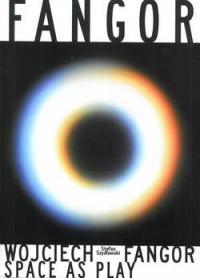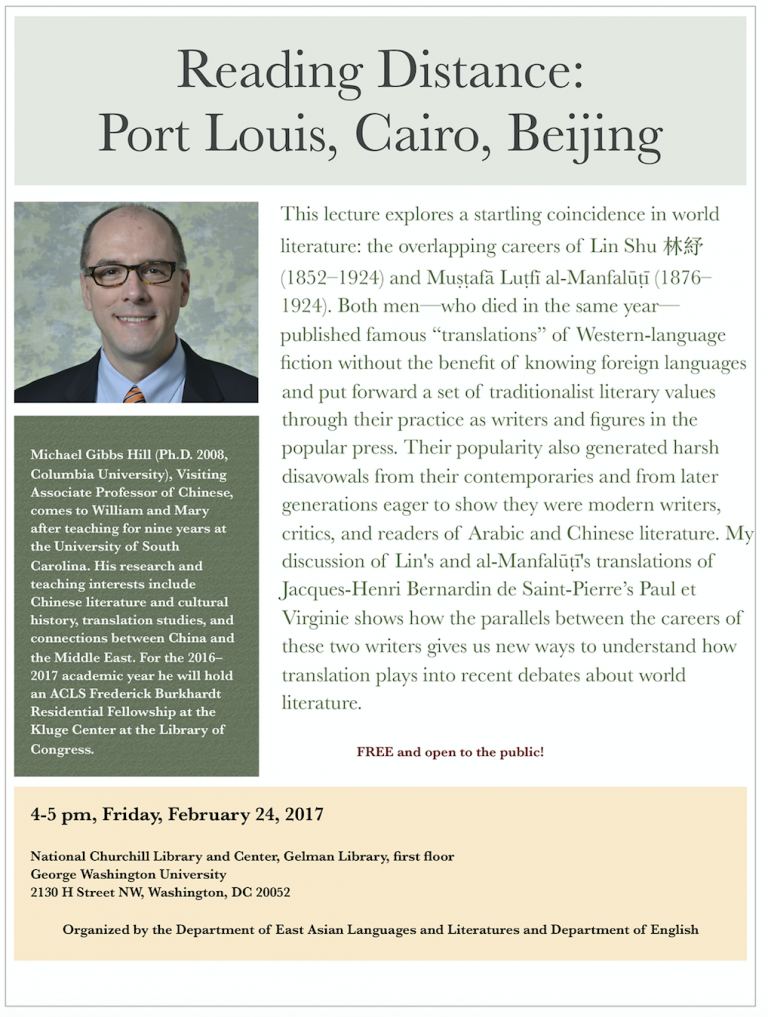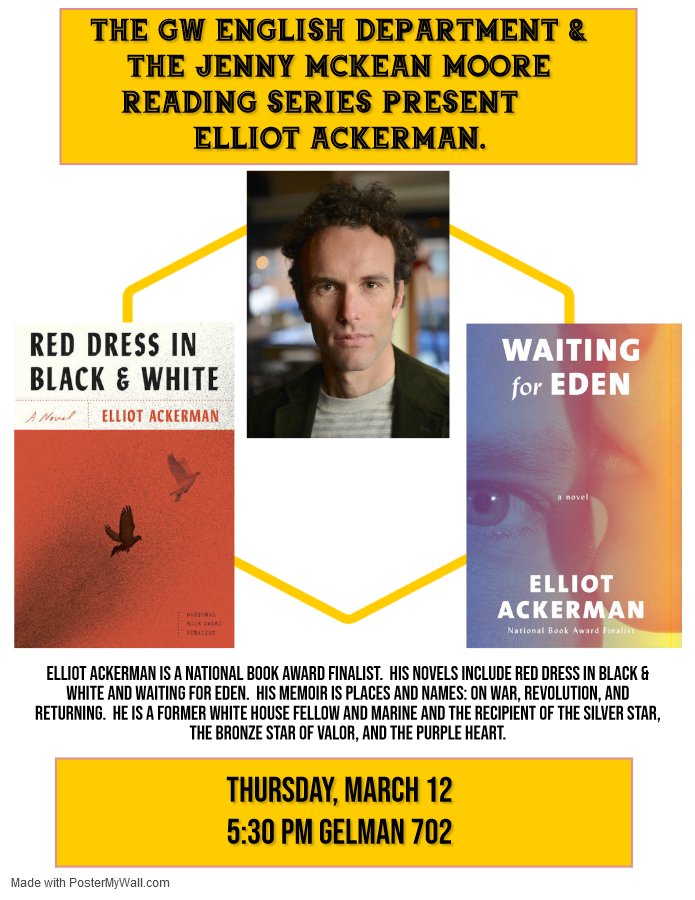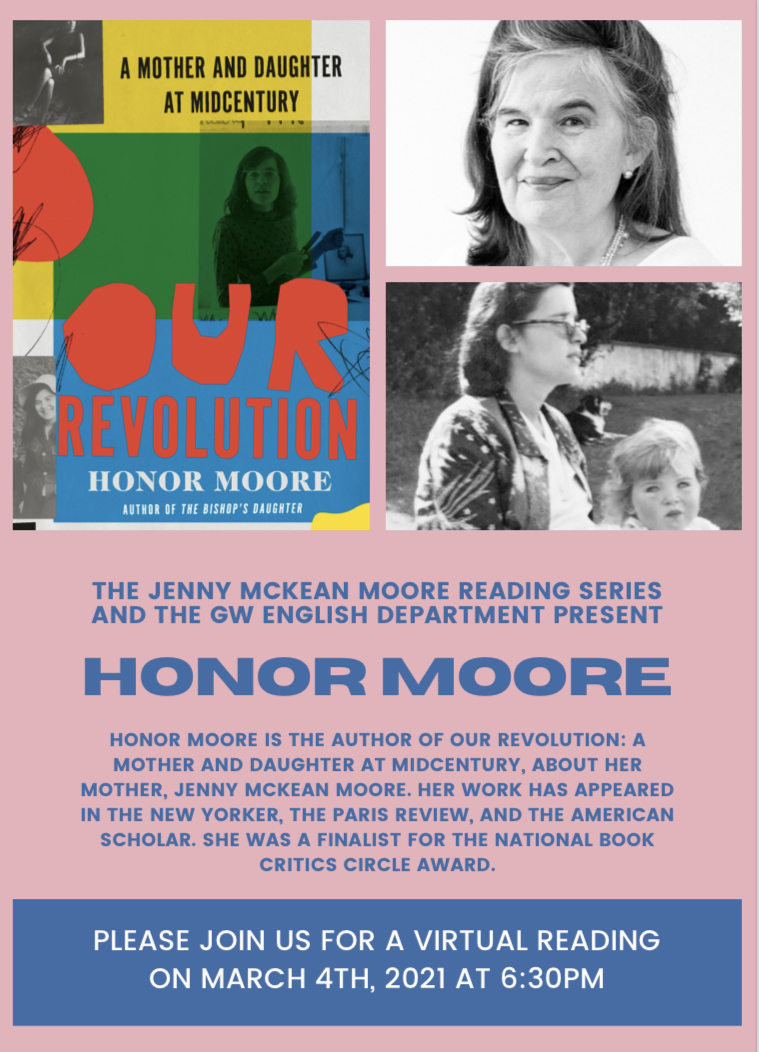New seminar: Medieval and Early Modern Studies
The English Department is happy to announce that a new university seminar we proposed has been funded.
The Medieval and Early Modern Seminar (MEMS) proposal is one fruit of an effort the department is making to foster the study of early Britain within a transnational frame in our department. With resources like the Folger Shakespeare Library in DC, and with a cluster of faculty already engaged in such study, this burgeoning emphasis should serve both our undergraduate and graduate students well.
A copy of the proposal is appended below for those who are interested.
——————-
Submitted by
- Jeffrey J. Cohen, Chair and Professor of English
- Leah Chang, Assistant Professor of French
- Holly Dugan, Assistant Professor of English
- Gil Harris, Professor of English
- Marcy Norton, Associate Professor of History
- Linda Peck, Professor of History
- Lynn Westwater, Assistant Professor of Italian
Supported by
- Gail Kern Paster, Director, Folger Shakespeare Library
- Akiva Fox, Literary Associate, Shakespeare Theatre Company
- Denise Abanese, Associate Professor of English and Cultural Studies, George Mason University
- Kim Coles, Assistant Professor of English, University of Maryland
- Andrea Frisch, Assistant Professor of French, University of Maryland
- Lindsay Kaplan, Associate Professor of English, Georgetown University
- Madhavi Menon, Assistant Professor of Literature, American University
- Michael Wenthe, Assistant Professor of Literature, American University
- Mimi Yiu, Assistant Professor of English, Georgetown
Rationale
Given the presence of the Folger Shakespeare Library (one of the best archives of early modern materials in the world), the Dumbarton Oaks research library, numerous postsecondary education institutions, and the proximity of so many cultural institutions and embassies, it seems natural that Washington DC should be an internationally renowned city in which to study the art, history, and culture of early Europe, especially within a transnational frame. Georgetown University, Catholic University, George Mason University, American University, the University of Maryland and of course the George Washington University have numerous faculty who research and publish about the medieval and early modern period. No ambitious intermural forum, however, currently exists to bring these scholars, graduate students, and perhaps interested undergraduates together to share research and to collaborate on projects.
Our proposed University Seminar in Medieval and Early Modern Studies (MEMS) addresses that need, offering an institutional space for the study of what might be called a globalized early Europe. The seminar will bring together a committed cluster of scholars and students here at GW, but always with an eye towards being a DC-wide rather than in-house community. Thus we are working from the start with our colleagues at nearby universities. We would also like to include other academic and cultural institutions. Both the Folger Shakespeare Library and the Shakespeare Theatre Company have already given this proposal their support.
PLAN OF ACTION
Although we realize that we must reapply for funding each year, we see the seminar as burgeoning on a four year time table organized around “Four Cs”:
• 2007-08: COMMUNITY
The first year will be devoted to allowing the seminar to realize its potential as a catalyst for scholarly community. In its initial season we will hold six meetings, three each semester. These meetings will be traditional paper presentations mixed with planning and community building. It will take some time, we realize, for interested faculty and graduate students to discover their common interests and share academic obsessions. In the spring semester we hope to bring in some undergraduate involvement through GW’s sponsorship of a “History of the Book” seminar at the Folger. We also anticipate that this seminar will be an excellent of welcoming two new hires into their new community: Jonathan Hsy (a medievalist who will join the English department faculty in Fall 07); Jaime Marroquin (a specialist in colonial literature about to join the Spanish faculty); and Jehangir Malegam (a historian of medieval Europe who will join the history department this fall as well).
• 2008-09: COLLOQUIUM
Meetings of the seminar will follow the same three per semester schedule in the fall. In the spring we will hold one meeting followed by an early spring colloquium on “Europe in a Transnational Frame.” We imagine that this fairly small event (30-50 people) will take place over two days in late March or early April.
• 2009-10: CONFERENCE
In addition to the regular meetings of the seminar, this year we will hold a more ambitious version of our colloquium, this time with a keynote address and some national publicity. We realize that we will have to engage in quite a bit of fundraising for this three-day conference in advance. We will use this event to ensure that GW’s national reputation as an exciting place to do work on the medieval and early modern periods is secured.
• 2010-2011: COLLECTION
The seminar will continue to meet, though know some of its work will now be devoted to turning the conference themes into a published book – not mere conference proceedings, but a collection of essays on the conference’s topic, to be issued by a respected press. We are fortunate in that one of our seminar organizers has a great deal of experience in this area, having published four such edited collections already. We feel that producing this book will be the best way to ensure that the University Seminar on Medieval and Early Modern Studies achieves scholarly recognition and repays the university’s investment.
CONNECTIONS TO WORLD OUTSIDE GW
It is our hope that our preface makes clear that we see this seminar as an important part of Washington intellectual life. Though our first goal is scholarly community, we are not attempting to create a world set apart. Akiva Fox of the Shakespeare Theatre, for example, has worked with several of us in the “Windows” discussion series to bring scholars to the interested general public as part of the staging of various plays. Moreover, by our very theme of locating the study of early Europe within a transnational frame, we believe that we are acknowledging the cosmopolitan currents of the city we inhabit.
OUTCOMES, PROCESSES, PRODUCTS
As outlined above, we see the seminar working on a four year cycle with four related products: scholarly community, a local colloquium that will start to bring together our themes; an ambitious conference that will raise the profile of the project substantially; and a thematically coherent collection of essays that will disseminate our work internationally and serve as a lasting contribution to the field. Also, in the first year of the seminar’s existence we will establish a blog (news site) to record our activities, to serve as a permanent archive for presentations, and to publicize our work internationally.







